Stories have been a vast and powerful medium since the birth of our consciousness. In our personal lives, we often create narratives about ourselves that we reflect on in our quiet moments and share with others. Sometimes these stories are based on events or ideas. Sometimes they are based on how we have perceived the world around us and how we relate to it.
These stories can be quite subjective. We interpret things based on how we feel or uniquely view or interact with the world. To illustrate this in a way that helps us understand narrative therapy, consider a young man about six feet three inches tall. By all accounts, this is above average. Most people would need to bend their necks to look him in the eye.
But this young man believes he is short.
Why? Maybe people have called him short his entire life. Maybe it’s because his father and three brothers are over six-and-a-half feet tall. Whatever the reason, it is a story he believes about himself. And it influences his life—what he thinks he can accomplish, how he compares, and what he decides to do with his days.
But what if he’s wrong?
Contact Story Wellness
This link between the power of stories and personal narratives is the core concept behind Narrative Therapy, a popular therapeutic approach that Michael White and David Epston pioneered in the 1980s.
With narrative therapy, we understand that problems and challenges are influenced by the stories people tell themselves and the meanings they attach to those stories. This has been the basis of various narrative therapy techniques that help everything from anxiety and depression to relationship counseling issues and grief.
What Is Narrative Therapy?
The core concept behind narrative therapy is to challenge the idea that the stories we tell about ourselves are just stories. These narratives we create significantly impact our behavior, self-perception, and emotions. To Michael White and David Epston, this could not be further from the case.
Within the framework of narrative therapy, these stories consist of events that often work like a feedback loop. Essentially, the personal narrative we create is born from selected events that we consider more important than others. As the story emerges, we keep picking out only the events that agree with our story and disregard everything else.
Unfortunately, this dominant narrative can often take on a negative tone, leading to feelings of despair and self-hate. Fortunately, things do not have to be this way. With narrative therapy, counselors can walk hand-in-hand with clients to explore the role these stories play in their lives and how to reduce the impact of the problem story by crafting a more positive tale.
Narrative therapy sessions often involve the counselor listening to problem stories and finding positivity within them. As an illustration, a therapist may attempt to listen for moments of happiness in a personal tale of depression. By spotting this loose thread of joy, therapists can help individuals understand that their problems do not define their whole story.
Is Narrative Therapy Evidence-Based?
Yes. Narrative therapy is considered evidence-based psychotherapy. Though evidence-based treatment for mental health is in a continual state of evolution, some things are consistent: the successful results are supported by research, standard protocols for administration, clear targets that are consistently met, peers outside of the therapeutic approach review them, and more. Here is a study and here is another. How narrative therapy works has garnered empirical support and demonstrated positive outcomes in various studies and clinical applications.
How Narrative Therapy Works as a Tool for Personal Growth
Since the birth of narrative therapy, this treatment has remained one of the most effective tools for promoting personal growth and mental resilience. Through the years, it has been an effective tool for people hoping to gain a greater sense of understanding about their thoughts, feelings, and behaviors.
As you work on exploring your stories with your therapist, you can gain greater insight into how these negative thought patterns have been holding you back or stopping you from achieving your goals. Once you understand the impact of these negative thoughts, you and your therapist can work on developing a more positive tale that promotes personal growth and resilience.
This unique ability for you to stay in the driving seat of your healing process has made narrative therapy a powerful tool for treating various mental health disorders, such as depression, addiction, trauma, and much more. So, if you have been struggling with any of these conditions and have been searching for a treatment that allows you to take an active role in the healing process, talk to us to understand more about how narrative therapy works.
At Story Wellness, we use narrative therapy in Orange County in our one-on-one sessions and a group setting. We see healing every day. Our clients are profoundly changed because of the way they can reimagine their lives and their actions. “I never thought of it like that” is a common life-changing comment we love to hear. Do you want to talk about how narrative therapy can make a difference in your life? Call us today (866) 476-2823.






